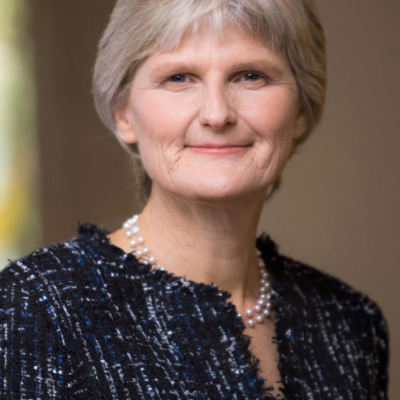More than 75 per cent of mental health issues manifest in people under 24 years old. Suicide is the second leading cause of death among 15- to 29-year-olds globally. From the statistics alone, it’s clear that addressing mental health in young adults is critical.
However, most young adults around the world who would benefit from mental health services don’t have access to them. Signs of poor mental health are often overlooked, and stigma can prevent young adults and their families from acknowledging that they need help.
When young adults lack access to mental health resources at this pivotal point in their development, the human and economic impact is monumental. Untreated mental illness is associated with poorer educational outcomes, unemployment, worse personal relationships, substance use disorders, elevated risks of longer-term physical illnesses, and suicide. Mental illness will cost the world an estimated $16 trillion in US dollars between 2010 and 2030, driven by early age of onset and loss of productivity.
Recent data suggest that 20 per cent of college-age students globally have a mental health diagnosis. And as a university professor and President of Vassar College in Poughkeepsie, New York, I see the impact of mental illness firsthand.
All students make an enormous transition as they enter college. But, students with mental health challenges have to manage much more than just being away from their parents and families. For the first time, they need to access proper care on their own, manage medications, and budget new expenses associated with treatment. Faced with these challenges, some find the transition to college overwhelming with new levels of stress and anxiety, and still others withdraw and even leave.
But it doesn’t have to continue this way.
Young people comprise a population that can be treated, followed, and empowered to engage with their communities to destigmatise mental illness and work together toward better mental health. This isn’t only true for Vassar students, but also for young adults worldwide.
In Ghana, where I’ve been deeply involved with research on the mental health system and access to treatment, I’ve seen this up close. The World Health Organization indicates that nearly three million people in Ghana live with mental illness, with inadequate access to treatment for most of these cases. The excess unemployment and underemployment of people with mental illness has been estimated as equivalent to seven per cent of Ghana’s GDP foregone.
But the answer to the mental health crisis in Ghana isn’t only about increasing access to psychiatric care and medicine. That’s only one part of the puzzle. More important is strengthening community-based resources in ways that destigmatise mental illness and allow this population to be integrated into—not isolated from—their communities.
In 2012, Ghana passed a Mental Health Bill that seeks to strengthen community-based mental health services, increase the number of mental health units in existing hospitals, and protect the rights of people with mental health conditions. The Mental Health Bill included the establishment of a Mental Health Authority charged with assessing quality of care and clear guidance on the protection of vulnerable groups, including children and youth.
Around the world, we need to change the dialogue and recognise that living with a serious mental illness doesn’t mean a young person has to give up on their goals or sacrifice their health and well-being.
For young people who develop a mental illness, the vast majority experience signs and symptoms before coming to college, so interventions in high school have shown early promise. Educational models that embed learning about psychosocial aspects of health into the high school health curricula can create a culture where young people can talk about their emotional difficulties without shame and stigma.
Targeting mental health resources toward young people gives us leverage to change the outlook for future generations of people with serious mental illness. A future where people with serious mental illness don’t die 10-25 years earlier than they should. A future where people with serious mental illness not only seek help, but also know exactly where to look and get the care they need.
A future where everyone has the chance to live a healthier, longer life.


